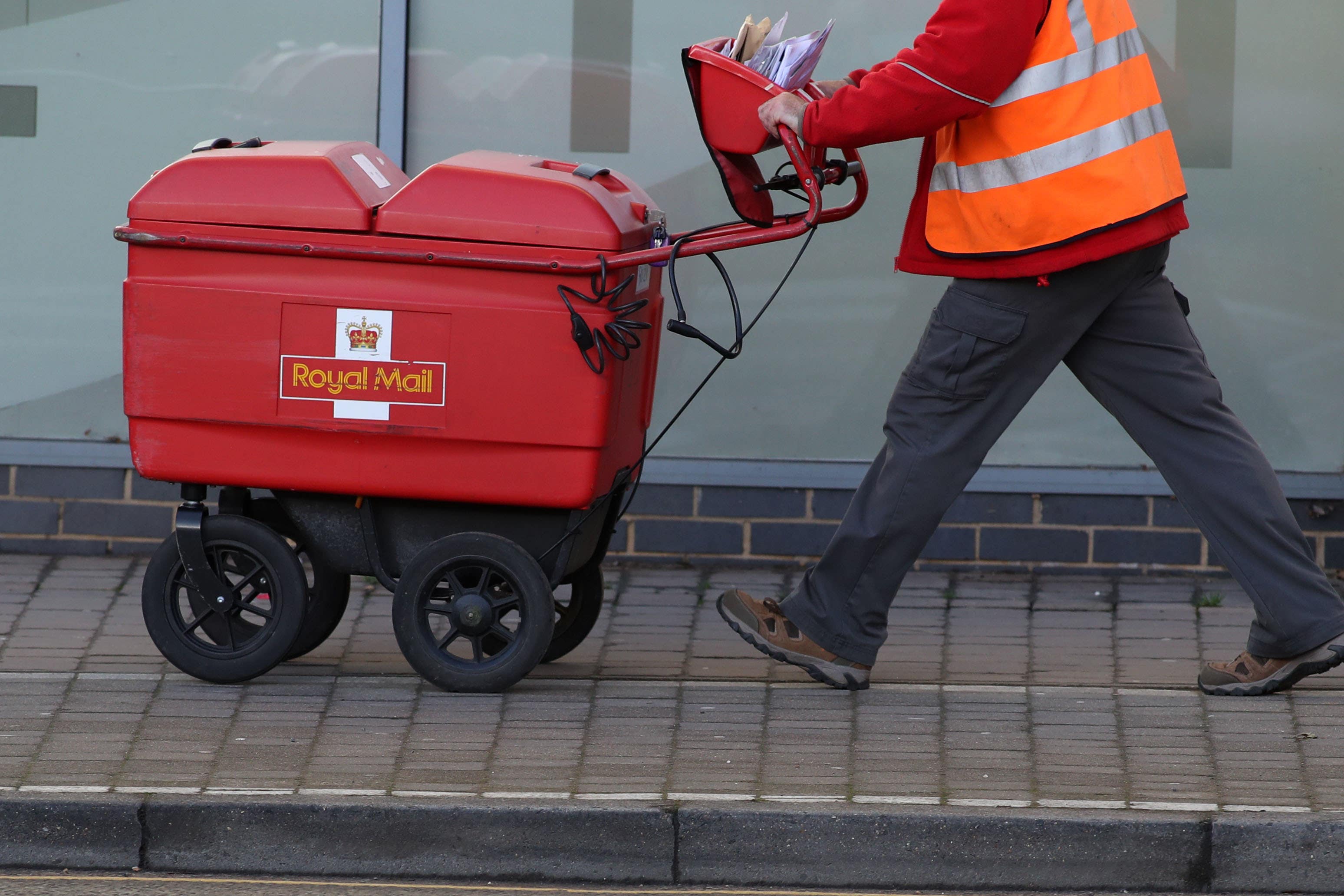Royal Mail is a monumental headache in the making
The issues are stacking up, argues James Moore – and there is little sign of a quick fix


Royal Mail is becoming a problem.
I know, I know. For those with parcels stuck at some distribution centre in the middle of nowhere or with letters containing details of important hospital appointments that arrive late if at all, the Royal Mail already is a problem. A big one.
But the embattled company threatens to create trouble nationally in the weeks and months ahead. Well, what used to be the Royal Mail. That’s now just the trading name for the part of the business you and I use.
The parent company has been given a clumsy new moniker: International Distribution Services, which sounds a bit like filling in your tax return on a wet weekend but is at least marginally better than the now infamous “Consignia”, the result of the last attempt at a group-wide rebrand. It was ridiculed and was mercifully consigned to the dustbin of corporate history as a result.
Intnl.Distrbtn.Svcs. – yep they actually found a way of making it even more clunky on the RNS feed through which companies issue their regulatory announcements – has just released its half-year results. They look like the contents of a postie’s bag after it’s been tipped into a puddle.
The company endured a 4 per cent decline in revenues for the six months ending on September 25, while industrial action and other problems sent its earnings tumbling into the red. It may take some time for it to haul itself above the waterline, too.
However, it should be said that not all of its businesses are deserving of adjectives like “troubled” or “beleaguered” or what have you.
The bit that’s still called “Royal Mail” – the UK letters and parcels business – certainly is. It saw its revenues declining by 10.9 per cent and it was responsible for the group-wide loss.
On the other hand, GLS, which is a funky international logistics business, reported a 9.5 per cent revenue increase and a £162m profit. That was down a bit on last year but still represents a handy result given inflation and the global economy.
Now, not all of Royal Mail’s troubles are of its own making. While still the market leader in parcels, it has been grappling with fast and nimble competitors, which are fast and nimble partly through the way they have treated their workforce. This explains why the sort of industry-wide minimum wage and labour standards proposed by the likes of the TUC are so important, especially in an industry like this one.
Royal Mail’s attempts to level down its own workers’ terms & conditions have been fiercely resisted by unions and understandably so. A deal has been reached with Unite but not yet with the Communication Workers Union. As a result, the company is talking tough and promising to force through the changes it wants. Gotta love that macho management.
It’s also talking tough with the government. Bosses want a change to the universal service obligation so they need only deliver letters for five rather than six days a week. And they are making threats with a view to securing that concession.
“In the event that significant change within Royal Mail is not achieved, all options remain open to protect the value and prospects of the group, including separation of the two companies,” the group declared in its results statement.
Without the millions contributed by GLS, Royal Mail would be in quite the pickle. So would the postal service. So would the government.
That same government dropped a review under the National Security & Investments Act into plans by Czech billionaire Daniel Křetínský to increase his market-leading stake in the group.
Would ministers still be prepared to indulge Křetínský’s ambitions were he to take the group private? It isn’t hard to see where the value lies for an external investor in this business: GLS. A bid could bring the question of what to do with a struggling Royal Mail to a head.
Royal Mail and International Distribution Services increasingly look like headaches. And not the sort of headaches that can be easily cured by a trip to the local pharmacist.






Join our commenting forum
Join thought-provoking conversations, follow other Independent readers and see their replies
Comments